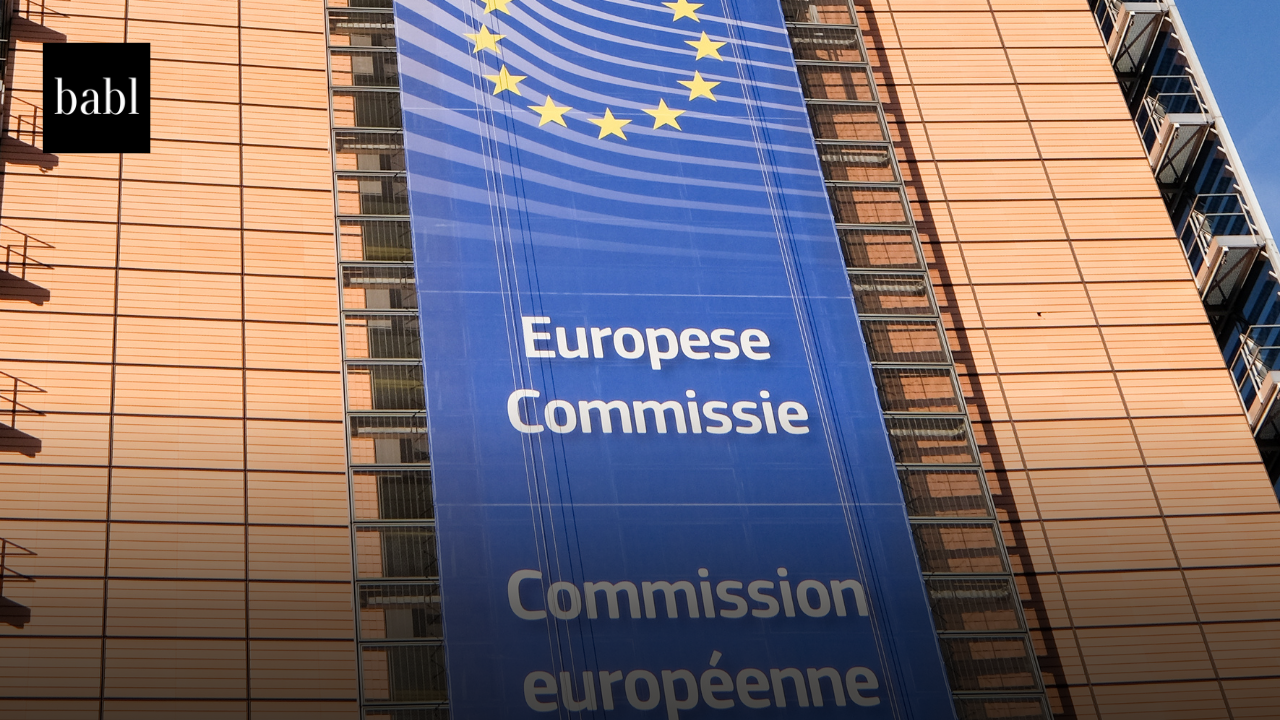UPDATE — AUGUST 2025: Since the May 2024 launch of the European Commission’s AI Office and its foundational role in implementing the EU AI Act, the AI Office has released several important updates:
-
In April 2025, it published draft guidelines clarifying obligations for general-purpose AI (GPAI) providers, now under public consultation.
-
On July 10, 2025, it released the final voluntary Code of Practice for GPAI models, supporting compliance with the EU AI Act beginning August 2, 2025.
-
The Commission also released training data summary templates and transparency guidance in July 2025, further clarifying GPAI obligations under the Act.
-
These updates mark the Office’s active role in operationalizing the EU AI Act ahead of phased implementation, especially for GPAI providers.
For the most current compliance requirements, refer to the official AI Office site and the Code of Practice for GPAI.
ORIGINAL NEWS STORY:
European Commission Establishes AI Office to Lead in Safe and Trustworthy AI
The European Commission unveiled the AI Office on May 29, a new body established to enhance the development, deployment, and use of artificial intelligence (AI) across the EU. The AI Office is set to play a pivotal role in implementing the AI Act, focusing on general-purpose AI models, fostering research and innovation, and positioning the EU as a leader in international AI discussions.
AI Office Organization
The AI Office is organized into several specialized units to ensure comprehensive oversight and innovation in AI. The Regulation and Compliance Unit will coordinate the regulatory approach, ensuring uniform application and enforcement of the AI Act across the EU, handling investigations, addressing infringements, and administering sanctions. The Unit on AI Safety will identify systemic risks of advanced general-purpose AI models, propose mitigation measures, and develop evaluation and testing approaches.
The Excellence in AI and Robotics Unit will support and fund AI research and development, coordinating the GenAI4EU initiative to stimulate the development and integration of AI models into innovative applications. The AI for Societal Good Unit will focus on using AI for beneficial purposes such as weather modeling, cancer diagnoses, and digital twins for reconstruction. Lastly, the AI Innovation and Policy Coordination Unit will oversee the execution of the EU AI strategy, monitoring trends and investments, stimulating AI uptake through European Digital Innovation Hubs, establishing AI Factories, and supporting regulatory sandboxes and real-world testing.
Led by the Head of the AI Office, the team will work under the guidance of a Lead Scientific Adviser to ensure scientific excellence and an Adviser for international affairs to maintain close cooperation with international partners on trustworthy AI.
The AI Office Role with the EU AI Act
“The AI Office unveiled today will help us ensure a coherent implementation of the AI Act. Together with developers and the scientific community, the office will evaluate and test general-purpose AI to ensure that AI serves humanity and upholds our European values,” said Margrethe Vestager, Executive Vice-President for a Europe Fit for the Digital Age.
Thierry Breton, Commissioner for Internal Market, added, “With the new AI Office and its 140 talented women and men, the Commission will have the necessary expertise to drive the implementation of the AI Act and to reinforce Europe’s role as a global standard-setter in AI. The Office will foster a European AI ecosystem that is innovative, competitive, and respectful of EU rules and values.”
The AI Office will employ over 140 staff members, including technology specialists, administrative assistants, lawyers, policy specialists, and economists. The office will ensure the coherent implementation of the AI Act by supporting governance bodies in Member States and directly enforcing rules for general-purpose AI models. In collaboration with AI developers, the scientific community, and other stakeholders, the AI Office will draft state-of-the-art codes of practice, conduct testing and evaluation of AI models, request information, and apply sanctions when necessary.
Collaboration with the EU
To facilitate well-informed decision-making, the AI Office will collaborate with Member States and the expert community through dedicated forums and expert groups. At the EU level, the AI Office will work closely with the European Artificial Intelligence Board, comprising representatives from Member States. The Scientific Panel of independent experts will maintain a strong link with the scientific community, while the Advisory Forum will include stakeholders from industry, startups, SMEs, academia, think tanks, and civil society.
The AI Office will promote a robust EU ecosystem for trustworthy AI by advising on best practices, enabling access to AI sandboxes, real-world testing, and other European support structures such as Testing and Experimentation Facilities in AI, European Digital Innovation Hubs, and AI Factories. It will support research and innovation activities in AI and robotics, implementing initiatives like GenAI4EU to ensure that AI models made in Europe are fine-tuned and integrated into various applications, stimulating investment.
What’s Next?
The organizational changes take effect on June 16, with the first meeting of the AI Board scheduled for the end of June. The AI Office is preparing guidelines on AI system definitions and prohibitions, expected six months after the AI Act’s entry into force. Additionally, the office will coordinate the drafting of codes of practice for general-purpose AI models, due nine months after the Act’s implementation.
Need Help?
If you’re wondering how the new EU AI Office, or any other regulatory body, could impact you and your business, don’t hesitate to reach out to BABL AI. Their Audit Experts can address your concerns and questions while offering valuable insights.





